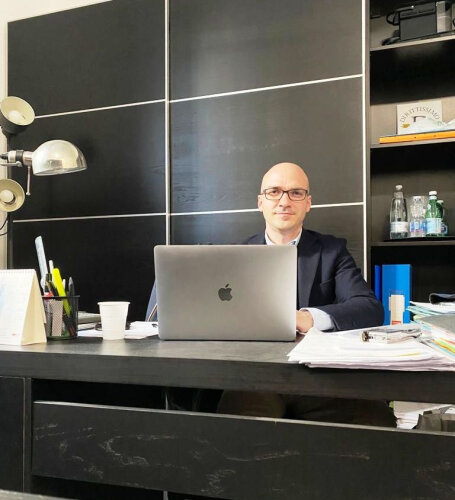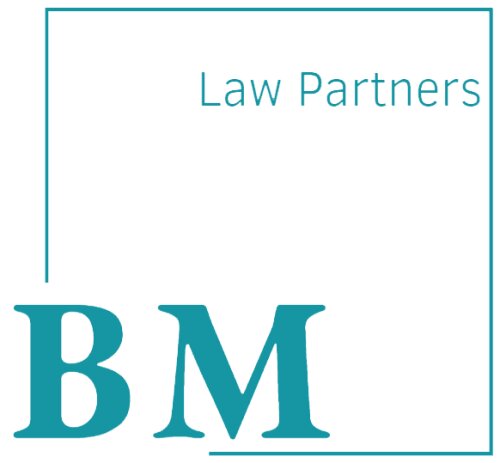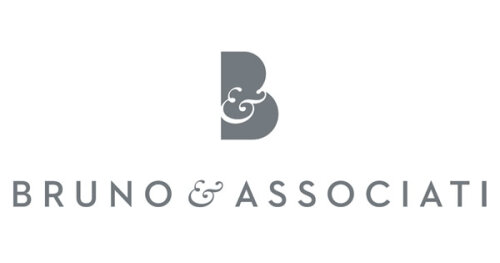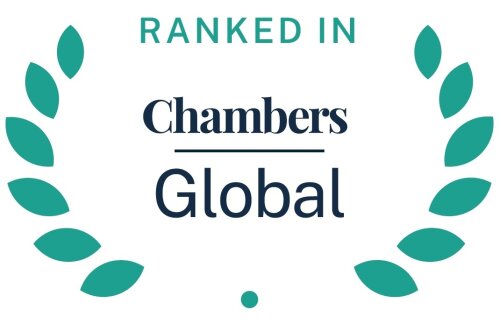Best Antitrust Lawyers in Milan
Share your needs with us, get contacted by law firms.
Free. Takes 2 min.
List of the best lawyers in Milan, Italy
About Antitrust Law in Milan, Italy
Antitrust law, known as competition law in Europe, in Milan, Italy is designed to ensure fair competition among businesses and to protect consumer interests. It falls under both Italian national law and European Union competition regulations. Milan, being the economic powerhouse of Italy, hosts a vibrant market where antitrust laws are particularly pertinent. These laws cover a range of prohibitions against anti-competitive agreements, abuse of dominant position, mergers and state aid control-all with the aim of fostering innovation, consumer welfare and an open market without unfair restraints.
Why You May Need a Lawyer
In Milan's competitive business landscape, individuals and companies may face complex legal challenges that require professional legal help. You may need a lawyer if you're starting a business and need to ensure compliance with antitrust laws, if you believe a company is engaging in monopolistic practices, if you're involved in mergers or acquisitions, if you're accused of participating in a cartel, or if you're dealing with cross-border trade issues that involve European Union antitrust regulations. An experienced antitrust lawyer can guide you through these legal mazes, represent your interests, and provide defense if necessary.
Local Laws Overview
The Italian antitrust framework is outlined in the Italian Competition Law (Law No. 287/1990), which follows the principles laid down by the EU Treaty's competition rules (Articles 101-109). Key areas covered by these laws include the prohibition of cartels and restrictive agreements, abuse of a dominant market position, and control of mergers and acquisitions that might limit competition. The Italian Competition Authority (Autorità Garante della Concorrenza e del Mercato, or AGCM) is the regulator responsible for enforcing these laws. Additionally, given that Milan is an international business hub, European Union competition regulations are often relevant and are directly applicable in Italy. It's crucial for businesses operating in and around Milan to consider both national and EU regulations.
Frequently Asked Questions
What constitutes a violation of antitrust laws in Italy?
Violations include forming cartels, engaging in predatory pricing or bid-rigging, imposing unfair trading conditions, or any other practices that significantly prevent, restrict, or distort competition.
Is there a local agency in charge of antitrust enforcement in Milan?
The AGCM is the national authority that oversees antitrust enforcement throughout Italy, including Milan. However, there might be regional offices or chambers of commerce that can provide support on a local level.
How does EU antitrust law apply to businesses in Milan?
EU antitrust law applies directly and takes precedence over national laws. Companies in Milan must comply with both sets of laws, but in cases of conflict, EU laws will have the upper hand.
Can I file an antitrust complaint in Milan myself?
Yes, any individual or company can file an antitrust complaint to the AGCM or the European Commission. However, it is often advisable to get legal assistance to ensure the complaint is properly structured and supported.
What penalties can be imposed for antitrust violations in Italy?
Penalties can include significant fines, which can amount to up to 10% of a company's global turnover, and in some cases, individuals may face criminal charges. Businesses may also be subject to periodic penalty payments to ensure compliance.
How can a lawyer help with merger clearance?
An antitrust lawyer can help navigate the complex approval process, communicate with the AGCM, and address any potential competition concerns that might prevent a merger or acquisition from being approved.
Are there any industry-specific antitrust regulations in Italy?
Yes, certain industries such as telecommunications, energy, and banking have additional sector-specific regulations to control competition.
What should I do if I suspect a competitor is engaging in illegal practices?
Seek legal counsel to assess the situation and consider filing a complaint with the AGCM or the European Commission. Evidence and proper legal strategy are crucial in these cases.
Do antitrust laws in Italy also protect consumers?
Yes, consumer welfare is a primary goal of antitrust laws, ensuring prices remain competitive and consumers have access to a variety of goods and services.
What is the statute of limitations for antitrust violations in Italy?
Antitrust violations are subject to a statute of limitations of five years from the date the infringement is committed, or from the date it ceased if the infringement is of a continuous nature.
Additional Resources
For further assistance, individuals can contact the Italian Competition Authority (AGCM), the European Commission's Directorate-General for Competition, or local chambers of commerce in Milan. Various legal associations and university law departments in Milan may also have resources or clinics to assist those in need of basic guidance on antitrust issues.
Next Steps
If you require legal assistance in the field of Antitrust in Milan, your next steps should involve gathering all relevant information and documentation related to your case. It is then important to consult with a local attorney who specializes in antitrust law. This attorney can help you understand your rights and obligations, navigate the complexities of Italian and EU regulations, and represent your interests in administrative or legal proceedings. It's crucial to act promptly, as antitrust matters can be time-sensitive and typically require a swift response.
Lawzana helps you find the best lawyers and law firms in Milan through a curated and pre-screened list of qualified legal professionals. Our platform offers rankings and detailed profiles of attorneys and law firms, allowing you to compare based on practice areas, including Antitrust, experience, and client feedback.
Each profile includes a description of the firm's areas of practice, client reviews, team members and partners, year of establishment, spoken languages, office locations, contact information, social media presence, and any published articles or resources. Most firms on our platform speak English and are experienced in both local and international legal matters.
Get a quote from top-rated law firms in Milan, Italy — quickly, securely, and without unnecessary hassle.
Disclaimer:
The information provided on this page is for general informational purposes only and does not constitute legal advice. While we strive to ensure the accuracy and relevance of the content, legal information may change over time, and interpretations of the law can vary. You should always consult with a qualified legal professional for advice specific to your situation.
We disclaim all liability for actions taken or not taken based on the content of this page. If you believe any information is incorrect or outdated, please contact us, and we will review and update it where appropriate.















